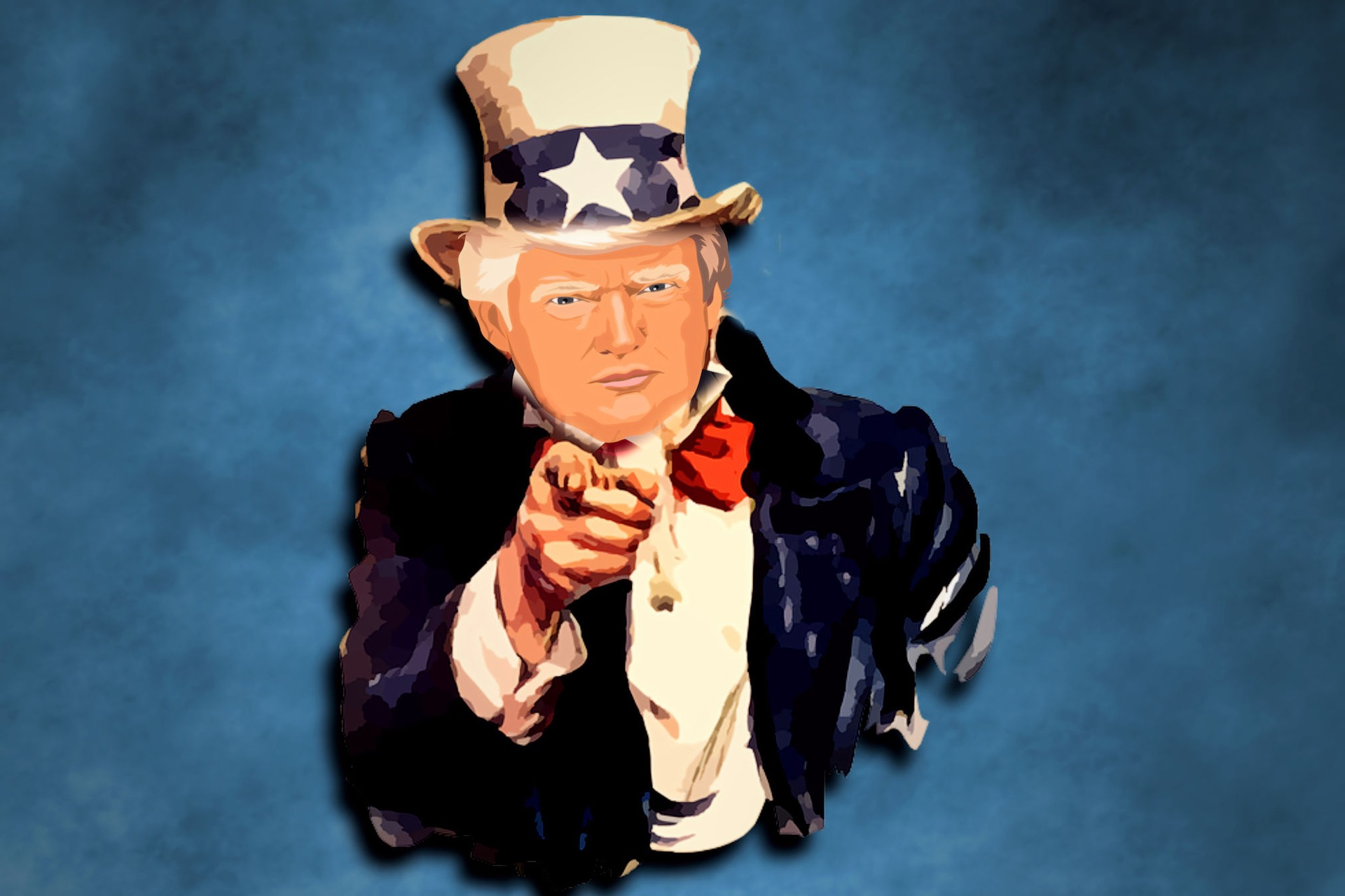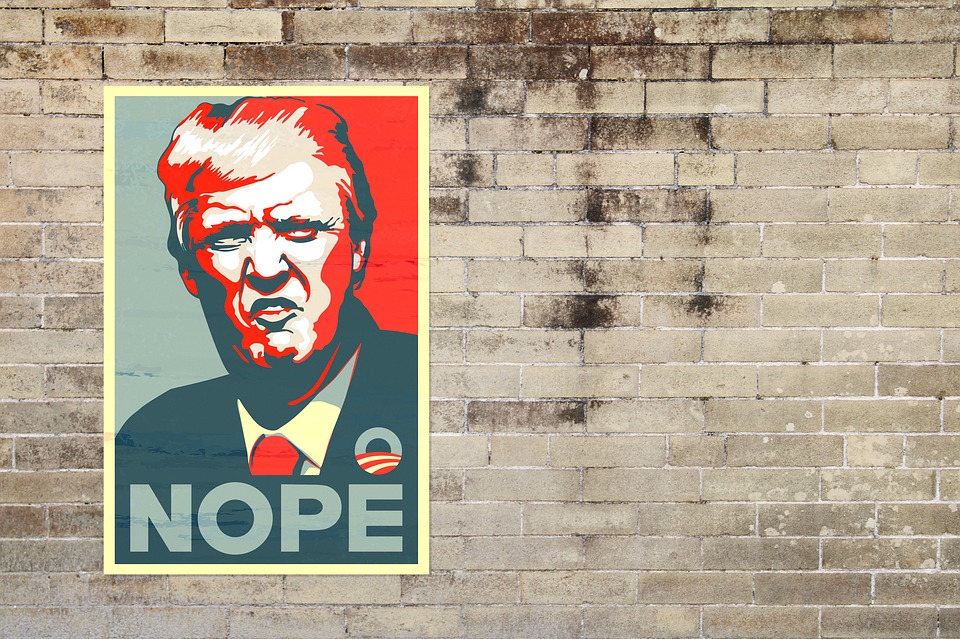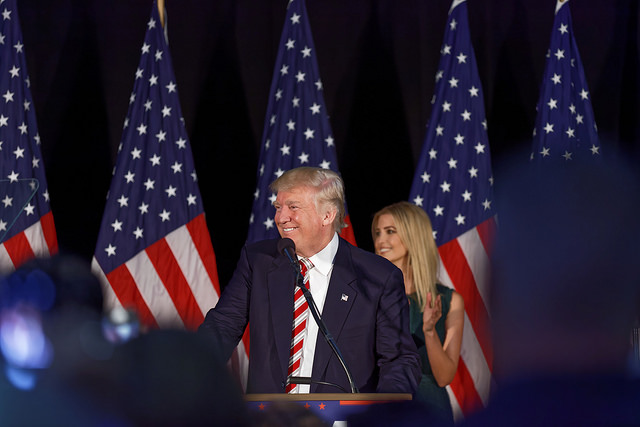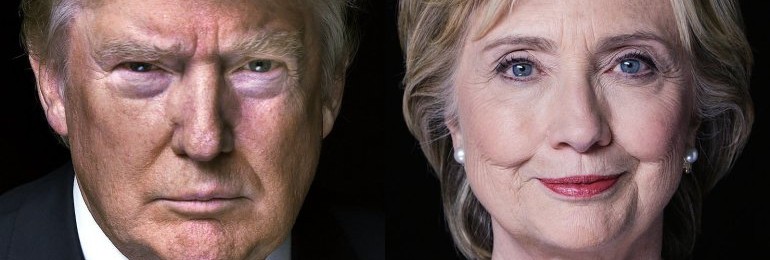Latest blog articles
-
For more than 40 years now, the harmonisation and unification of the European patent law have been discussed. So far, the only European legal instrument regulating substantive patent matters is a European Patent Convention (EPC) signed in 1973. The EPC, however, is outside the EU’s legislative and...
-
Does a little piece of feudalism in property law contribute to sustainability? The addressed topic was delivered by distinguished scholar Prof. dr. Vincent Sagaert and related to the general principles of property law reform, with the topic of the lecture being: "The Codification of Property Law: A...
-
Every year in November, one of the Faculties that forms part of the Ius Commune Research School organises the annual Ius Commune Conference. In this context, a selection of plenary sessions and workshops are held, which allow panellists to present their research and discuss topics closely related to...
-
The world faces the growing problem of global warming. This phenomenon leads to unprecedented social effects in human history. Consequently, it is imperative to mitigate this problem. International Organizations and countries are working together in order to better deal with this issue.
-
What we witness now shows resemblances with the new Turkish and the Russian presidential model: the president has executive powers but is also largely supported by his parliament, banning or disabling the effect of balances of power through their checks and balances.
-
Albert Camus famously wrote that ‘life is the sum of all your choices.’ Private lawyers could not agree more. At the core of private law lies the idea that individuals are allowed to know better than the State.
-
When Trump tweeted "See you in Court, the security of our nation is at stake" he was absolutely right, but not as he intended it to mean. Because yes, courts are essential for the security of (the citizens of) the state.
-
May the US President appoint his son in law as advisor to the White House? For quite a lot formal appointments the President needs the advice and consent (permission) from the senate, but not here. Is it permissible?
-
Legitimacy in the political sense can be defined as an inquiry into the justification for the exercise of public authority. Or put differently: it is the reason why I, being part of society, should accept laws and regulations that bind me.
-
This post is co-written by Dr. Jill Robbie (Glasgow University) and Anna Berlee (MEPLI fellow). It is a cross-post from the University of Glasgow School of Law Blog.









